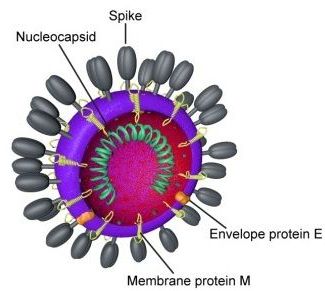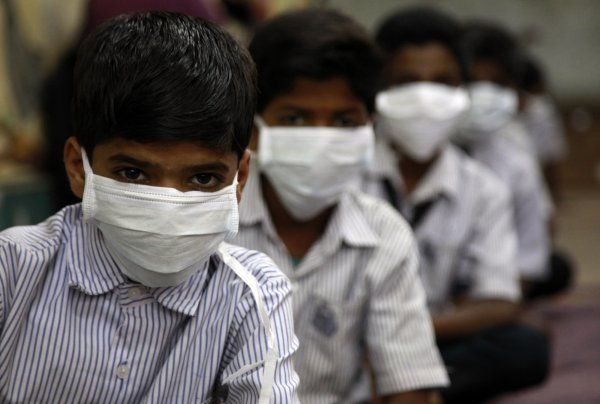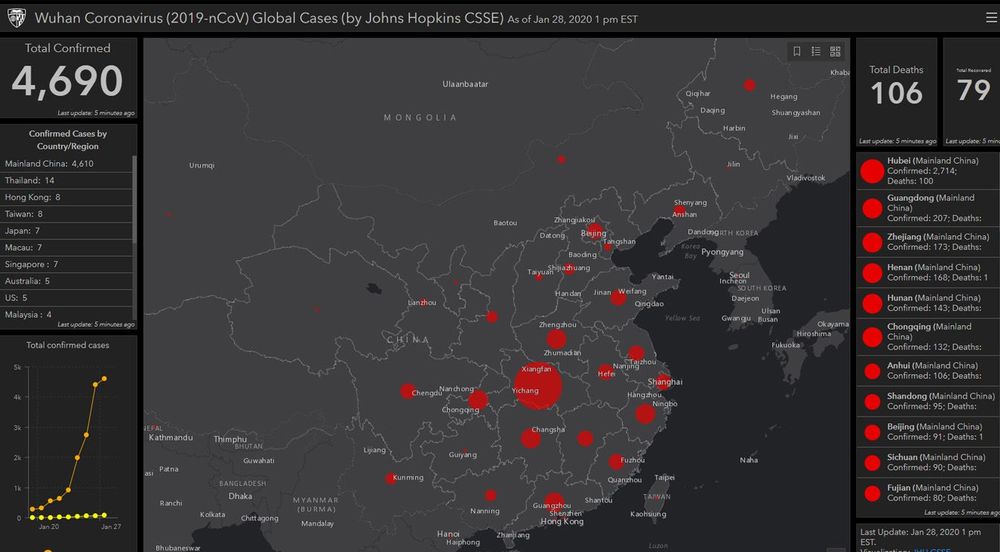Santa Cruz, CA February 7, 2020 —Research into the novel Wuhan seafood market pneumonia virus, the deadly “coronavirus” that has forced the Chinese government to quarantine more than 50 million people in the country’s dense industrial heartland, will be facilitated by the UC Santa Cruz Genomics Institute. The Genomics Institute’s Genome Browser team has posted the complete biomolecular code of the virus for researchers all over the world to use.
“When we display coronavirus data in the UCSC Genome Browser, it lets researchers look at the virus’ structure and more importantly work with it so they can research how they want to attack it,” said UCSC Genome Browser Engineer Hiram Clawson.
Samples of the virus have been processed in labs all over the world, and the raw information about its genetic code has been sent to the worldwide repository of genomic information at the National Institutes of Health’s National Center for Bioinformatics (NCBI) in Bethesda, Maryland.




